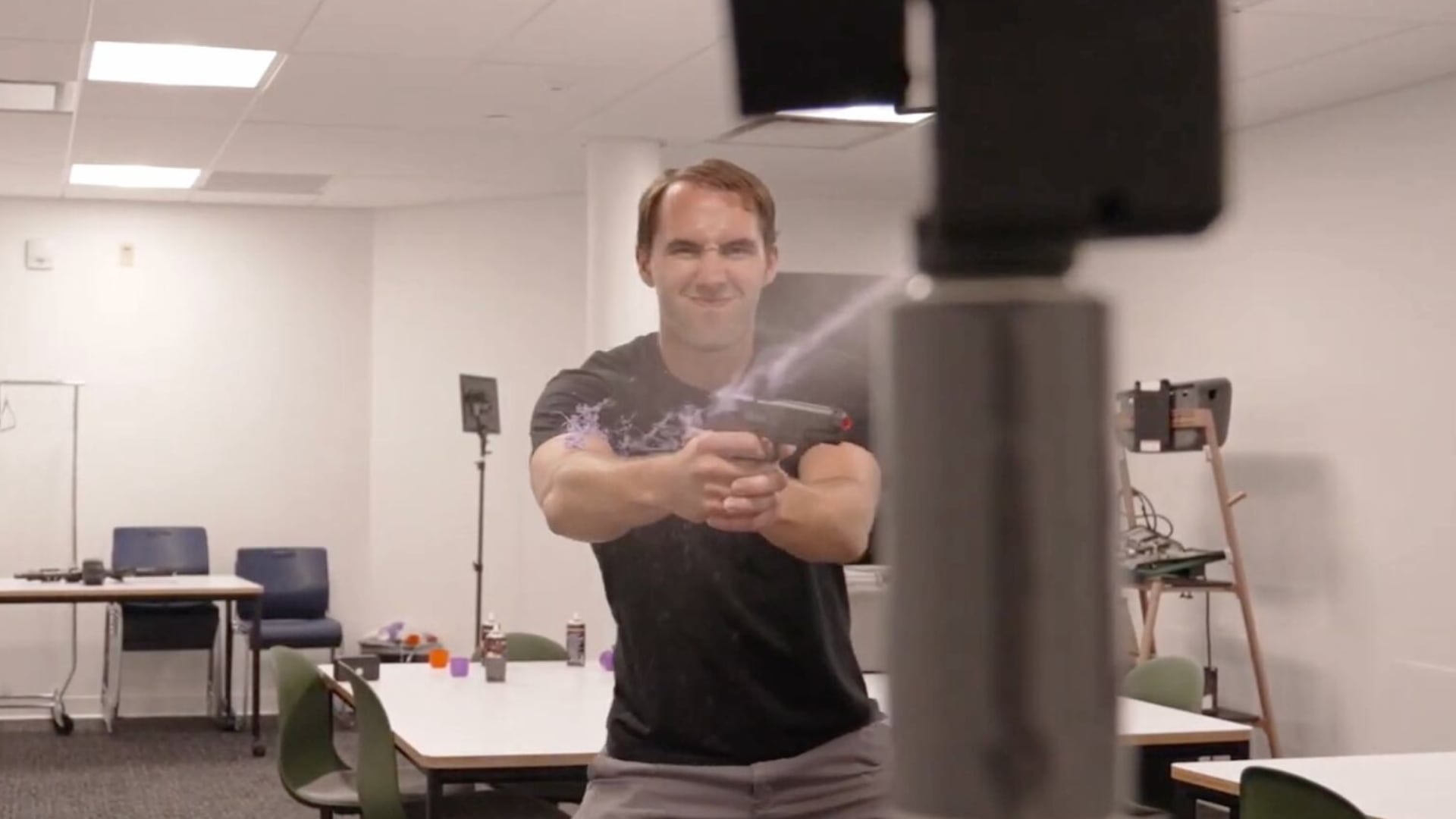By Stan Choe, Alex Veiga, and Damian J. Troise
Resurgent pandemic worries knocked stocks lower from Wall Street to Tokyo on Monday, fueled by fears that faster-spreading variants of the virus may upend the economy's strong recovery.
The S&P 500 fell 68.67, or 1.6%, to 4,258.49, after setting a record just a week earlier. In another sign of worry, the yield on the 10-year Treasury touched its lowest level in five months as investors scrambled for safer places to put their money.
The Dow Jones Industrial Average slumped 725.81, or 2.1%, to 33,962.04, while the Nasdaq composite lost 152.25, or 1.1%, to 14,274.98.
Airlines and stocks of other companies that would get hurt the most by potential COVID-19 restrictions took some of the heaviest losses, similar to the early days of the pandemic in February and March 2020. United Airlines lost 5.5%, mall owner Simon Property Group gave up 5.9%, and cruise operator Carnival fell 5.7%.
The drop also circled the world, with several European markets sinking roughly 2.5% and Asian indexes down a bit less. The price of benchmark U.S. crude, meanwhile, fell more than 7% after OPEC and allied nations agreed on Sunday to eventually allow for higher oil production this year.
Increased worries about the virus may seem strange to people in parts of the world where masks are coming off, or already have, thanks to COVID-19 vaccinations. But the World Health Organization says cases and deaths are climbing globally after a period of decline, spurred by the highly contagious delta variant. And given how tightly connected the global economy is, a hit anywhere can quickly affect others on the other side of the world.
Even in the U.S., where the vaccination rate is higher than in many other countries, people in Los Angeles County must once again wear masks indoors regardless of whether they're vaccinated following spikes in cases, hospitalizations and deaths.
Across the country, the daily number of COVID cases has soared by nearly 20,000 over the last two weeks to about 32,000. The vaccine campaign has hit a wall, with the average number of daily inoculations sinking to the lowest levels since January, and cases are on the rise in all 50 states.
That's why markets are concerned, even though reports show the economy is still recovering at a fantastically high rate and the general expectation is for it to deliver continued growth. Any worsening of virus trends threatens the high prices that stocks have achieved on expectations the economy will fulfill those lofty forecasts.
Financial markets have been showing signs of increased concerns for a while, but the U.S. stock market had remained largely resilient. The S&P 500 has had just two down weeks in the last eight, and the last time it had even a 5% pullback from a record high was in October.
Several analysts pointed to that backdrop of high prices and very calm movements for weeks while dissecting Monday’s drop.
“It’s a bit of an overreaction, but when you have a market that’s at record highs, that’s had the kind of run we’ve had, with virtually no pullback, it becomes extremely vulnerable to any sort of bad news," said Randy Frederick, vice president of trading & derivatives at Charles Schwab. “It was just a matter of what that tipping point was, and it seems we finally reached that this morning” with worries about the delta variant.
He and other analysts are optimistic stocks can rebound quickly. Investors have been trained recently to see every dip in stocks as merely an opportunity to buy low.
Barry Bannister, chief equity strategist at Stifel, was more pessimistic. He says the stock market may be in the early stages for a drop of as much as 10% following its big run higher in prices. The S&P 500 nearly doubled after hitting its bottom in March 2020.
“The valuations, they just got too frothy," he said. “There was just so much optimism out there.”
The bond market has been louder and more persistent in its warnings. The yield on the 10-year Treasury tends to move with expectations for economic growth and for inflation, and it has been sinking since late March, when it was at roughly 1.75%. It fell to 1.20% Monday from 1.29% late Friday.
Analysts and professional investors say a long list of potential reasons is behind the sharp moves in the bond market, which is seen as more rational and sober than the stock market. But at the heart is the risk the economy may be set to slow sharply from its current, extremely high growth.
Besides the new variants of the coronavirus, other risks to the economy include fading pandemic relief efforts from the U.S. government and a Federal Reserve that looks set to begin paring back its assistance for markets later this year.
Monday's selling pressure was widespread, with nearly 90% of the stocks in the S&P 500 lower. Even Big Tech stocks fell, with Apple down 2.7% and Microsoft 1.3% lower. Such stocks seemed nearly immune to virus fears during earlier downturns, rising with expectations for continued growth almost regardless of the economy's strength.
Across the S&P 500, analysts are forecasting profit growth of nearly 70% for the second quarter from a year earlier. That would be the strongest growth since 2009, when the economy was climbing out of the Great Recession.
But just like worries are rising that the economy's growth has already peaked, analysts are trying to handicap by how much growth rates will slow in upcoming quarters and years for corporate profits.
___
AP Business Writer Yuri Kageyama contributed.
Updated on July 19, 2021, at 4:43 p.m. ET.













